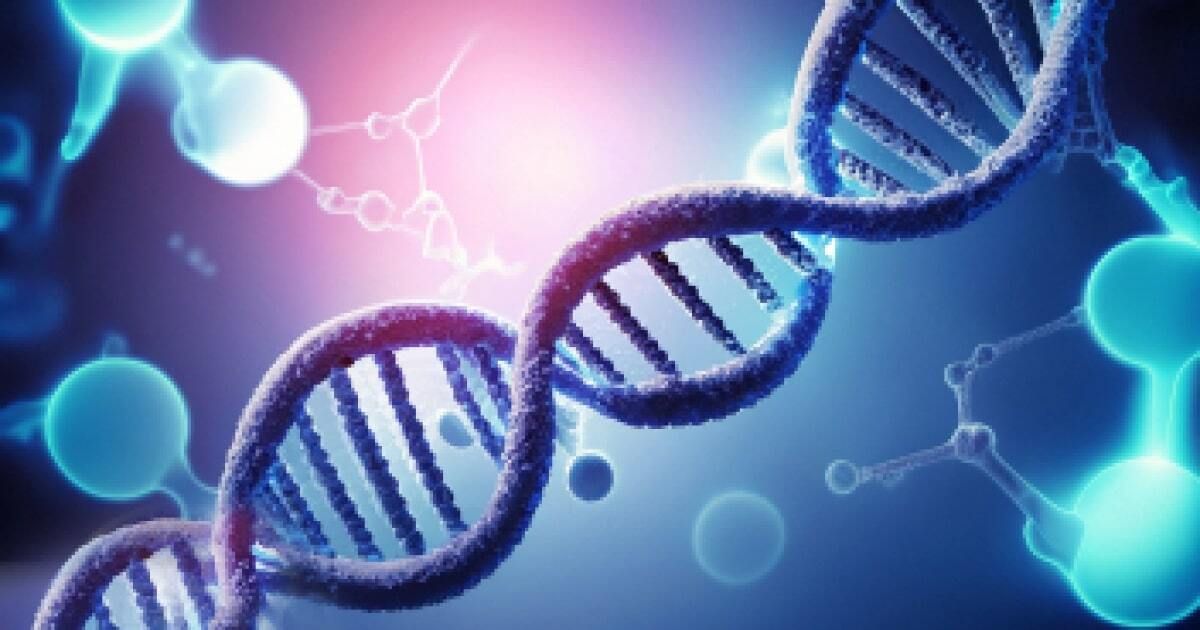Decoding the Mystery: Understanding, Diagnosing, and Using Genetic Testing for Mitochondrial Idiopathic Dilated Cardiomyopathy

Expert Reviewed By: Dr. Brandon Colby MD
Idiopathic dilated cardiomyopathy (IDC) is a complex and life-threatening heart condition characterized by the enlargement and weakening of the heart muscle, hindering its ability to pump blood efficiently. Mitochondrial IDC refers to the subset of cases where the disease is caused by defects in the mitochondrial DNA. In this article, we will delve into the intricacies of understanding, diagnosing, and using genetic testing for mitochondrial IDC.
Understanding Mitochondrial Idiopathic Dilated Cardiomyopathy
While the exact cause of IDC remains unknown, recent studies have identified potential genetic causes, particularly in mitochondrial DNA. Mitochondria are the energy-producing structures within cells, and defects in mitochondrial DNA can lead to various health issues, including cardiomyopathy.
A study published in the Journal of Medical Genetics identified a genetic defect in a patient with rapidly progressive dilated cardiomyopathy, suggesting that defective SOD2 may lead to toxic increases in oxygen radicals in the neonatal heart, causing heart failure and death. Another study in the BMC Medical Genetics found no significant association between the mtDNA T16189C variant with a homopolymeric C-tract and dilated cardiomyopathy in black African people infected with HIV.
Diagnosing Mitochondrial Idiopathic Dilated Cardiomyopathy
Diagnosing mitochondrial IDC can be challenging due to its complex nature and the fact that symptoms may not appear until the disease has progressed significantly. However, genetic testing has emerged as a valuable tool in the diagnostic process. Two studies focusing on Chinese patients with idiopathic dilated cardiomyopathy have identified potential genetic causes and genotype-phenotype correlations, providing insight for genetic diagnosis in these populations.
A study published in the Journal of Translational Medicine used targeted next-generation sequencing to identify potential genetic causes of idiopathic dilated cardiomyopathy in sporadic Chinese patients, with sarcomere mutations being the most common genetic cause. Another study in Scientific Reports determined the overall genetic profiles and genotype-phenotype correlations in Han Chinese idiopathic dilated cardiomyopathy patients.
Using Genetic Testing for Mitochondrial Idiopathic Dilated Cardiomyopathy
Early Detection and Diagnosis
Genetic testing can be used to identify individuals at risk of developing mitochondrial IDC before symptoms appear. Early detection and diagnosis can lead to more effective management of the condition, potentially delaying or even preventing the onset of heart failure.
Family Screening
As mitochondrial IDC can be hereditary, genetic testing can be used to screen family members of affected individuals to determine their risk of developing the disease. This information can be crucial in making informed decisions about family planning and lifestyle choices to minimize the risk of heart failure.
Personalized Treatment and Management
Genetic testing can help identify the specific genetic mutations responsible for an individual’s mitochondrial IDC, allowing healthcare professionals to develop personalized treatment and management plans. By targeting the underlying genetic cause, treatments may be more effective and tailored to the patient’s unique needs.
Research and Drug Development
As our understanding of the genetic basis of mitochondrial IDC grows, so does the potential for developing targeted therapies and drugs. Genetic testing can aid researchers in identifying potential drug targets and evaluating the effectiveness of new treatments in clinical trials.
Conclusion
Genetic testing has become an invaluable tool in understanding, diagnosing, and managing mitochondrial idiopathic dilated cardiomyopathy. By identifying the specific genetic mutations responsible for this complex heart condition, healthcare professionals can provide personalized care, and researchers can continue to develop targeted therapies to improve the lives of those affected by IDC.
About The Expert Reviewer
Dr. Brandon Colby MD is a US physician specializing in the personalized prevention of disease through the use of genomic technologies. He’s an expert in genetic testing, genetic analysis, and precision medicine. Dr. Colby is also the Founder of and the author of Outsmart Your Genes.
Dr. Colby holds an MD from the Mount Sinai School of Medicine, an MBA from Stanford University’s Graduate School of Business, and a degree in Genetics with Honors from the University of Michigan. He is an Affiliate Specialist of the American College of Medical Genetics and Genomics (ACMG), an Associate of the American College of Preventive Medicine (ACPM), and a member of the National Society of Genetic Counselors (NSGC)